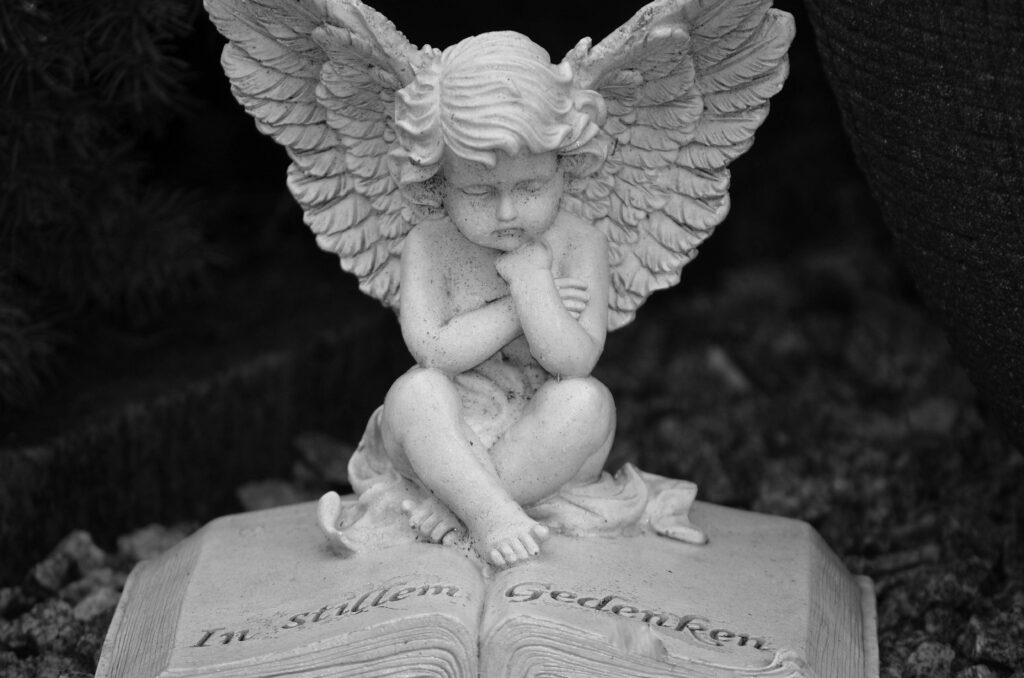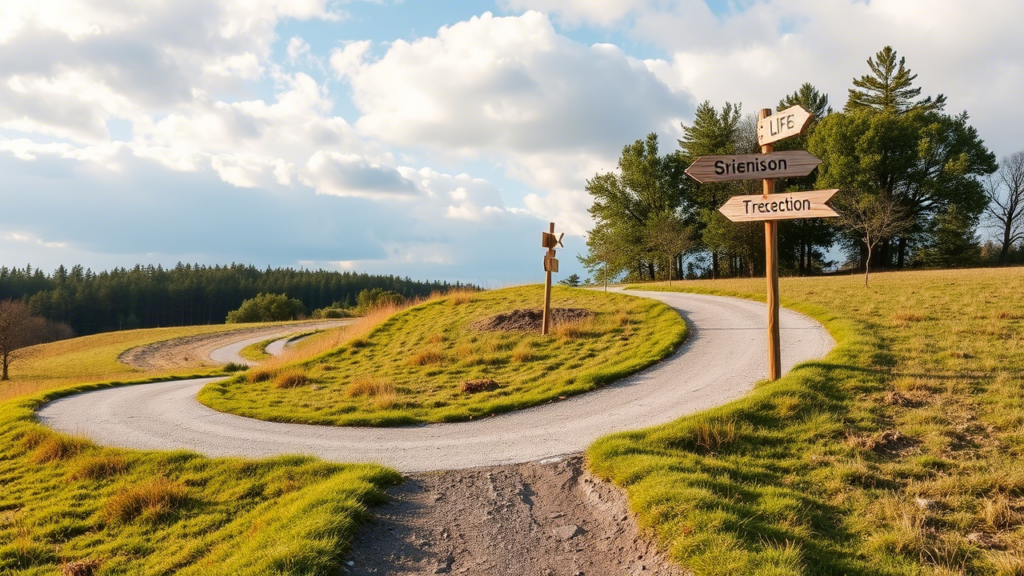The paths of spiritual life
We must not be impatient when we do not receive what we ask for at the moment

Every day has its own challenges, in the plural. There are joys, challenges, difficulties, and, usually, one thing after another. Tasks that begin and end, as well as burdens on the soul and body with their stresses and fatigue. It is the life of the artist in a network of human relationships that strengthen us and also makes us vulnerable: your joy is my joy, your sorrow is my sorrow, equally. In this coming and going of life I came across this book by Brant Pitre, Introduction to the Spiritual Life: Walking the Path of Prayer with Jesus (New York, Image, 2021; Kindle edition). A book to nourish the inner life. A kind of oasis to recover the spirit and drink from the waters that spring up to Heaven. Reading it, in sips, suggests multiple reflections to nourish the spirit.
As the title of the book indicates, it is an introduction to the spiritual life in order to pray while walking with Jesus. Therefore, it is not about knowing Jesus, but about praying and contemplating him with the eyes of the heart, knowing that the heart, in the Jewish scriptures as well as in the Christian tradition, is the place of emotions and, likewise, the deepest part of the human being where thoughts and decisions are born and memories are treasured. Hence, both vocal prayer and mental prayer seek to contemplate the face of Christ and transform our hearts. A prayer, like this, is incense that rises to Heaven.
Each moment of personal prayer is a love affair nourished by silences and whispers, as Elijah understood in his day, because God was not in the storm, the earthquake or the fire. He passed by him on a delicate breeze of air. A personal prayer without haste and slowly, following the advice of Saint Cyprian: “when you make your prayer, let the Father recognize the words of his own Son. It may be that He, who lives in our hearts, is also in our voices.”
Focusing on the spirit is not so easy. In order to live we must try to have things and the consumer society in which we live promotes consumption and the acquisition of material goods. Such an environment promotes the desire to have, a having that can become insatiable, generating the vice of greed: the excessive desire to accumulate things, money, possessions. An irrational desire so often, as the Gospel recalls in the figure of that man who decides to fill his granaries and pantries with material goods: that same night, the Lord asked him to account for his life, rich in possessions, but spiritually poor before God, the definitive bankruptcy.
We are also aware that we do not control the small and large events that happen around us. The days are not without scares, they come and weigh down the soul. What to do? There is no simple answer to untie the knot at the first or second time. But if, with God’s grace, we continue to work and pray diligently – despite our burdens and fatigue – it will be comforting to hear these words one day: well done, good and faithful servant. Facing God, with the stirrings of our hearts, we must ask the Lord to help us overcome sadness, because it is in our souls like a moth to a garment and a worm to a tree.
The strength of the believer is borrowed strength. He is the Cyrenean who helps us carry the crosses of life. We must not become impatient when we do not receive what we ask for at the moment. Prayer is not a delivery system: product, time and price. When hard times come and the wait is long, let us go to the garden of Gethsemane, next to the suffering Jesus. With Him, we will learn to say: “Not my will, but Yours be done.” It is not a psychological mantra, nor a “well then,” it is ardent prayer that carries the secret of holiness and happiness.
Related

Mars Colonization: Technological Progress or Threat to Human Dignity?
Observatorio de Bioética UCV
28 March, 2025
9 min

The Good Smell of Coffee
Edistio Cámere
27 March, 2025
3 min

The Keys of a Christian Physician: Healing with Body and Soul
Javier Ferrer García
27 March, 2025
2 min

Cardinal Arizmendi: Stop, Analyze, Decide!
Felipe Arizmendi
26 March, 2025
5 min
 (EN)
(EN)
 (ES)
(ES)
 (IT)
(IT)

